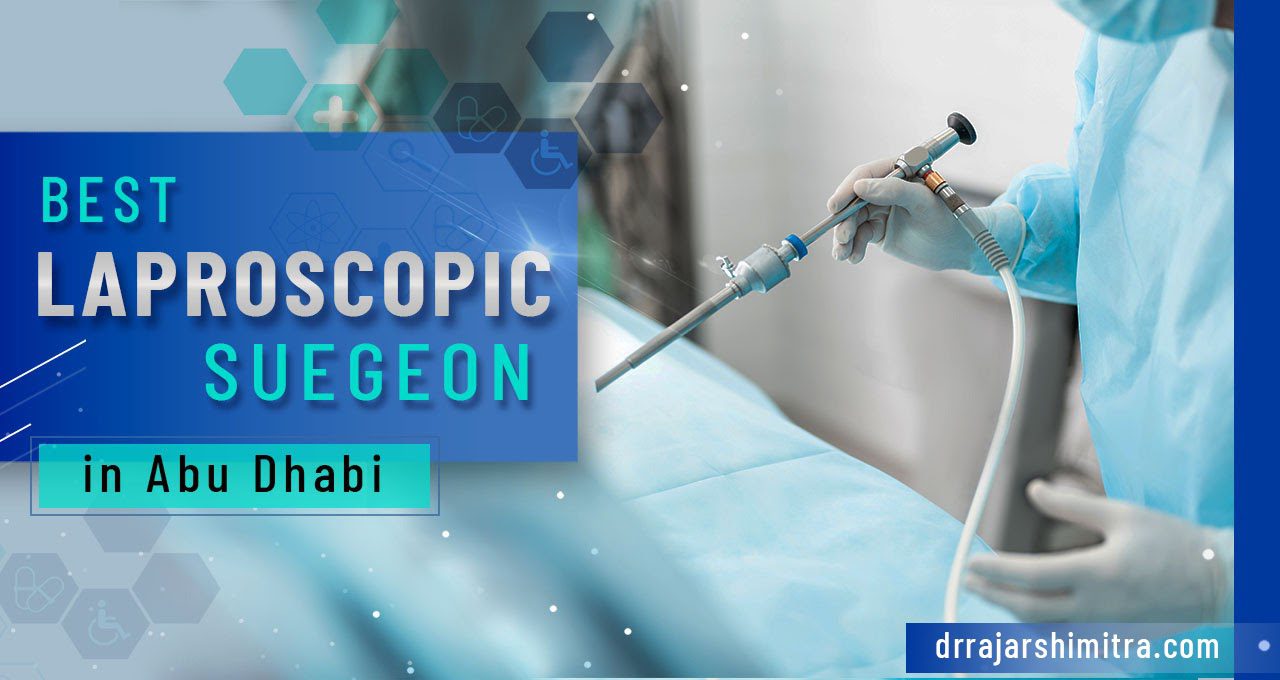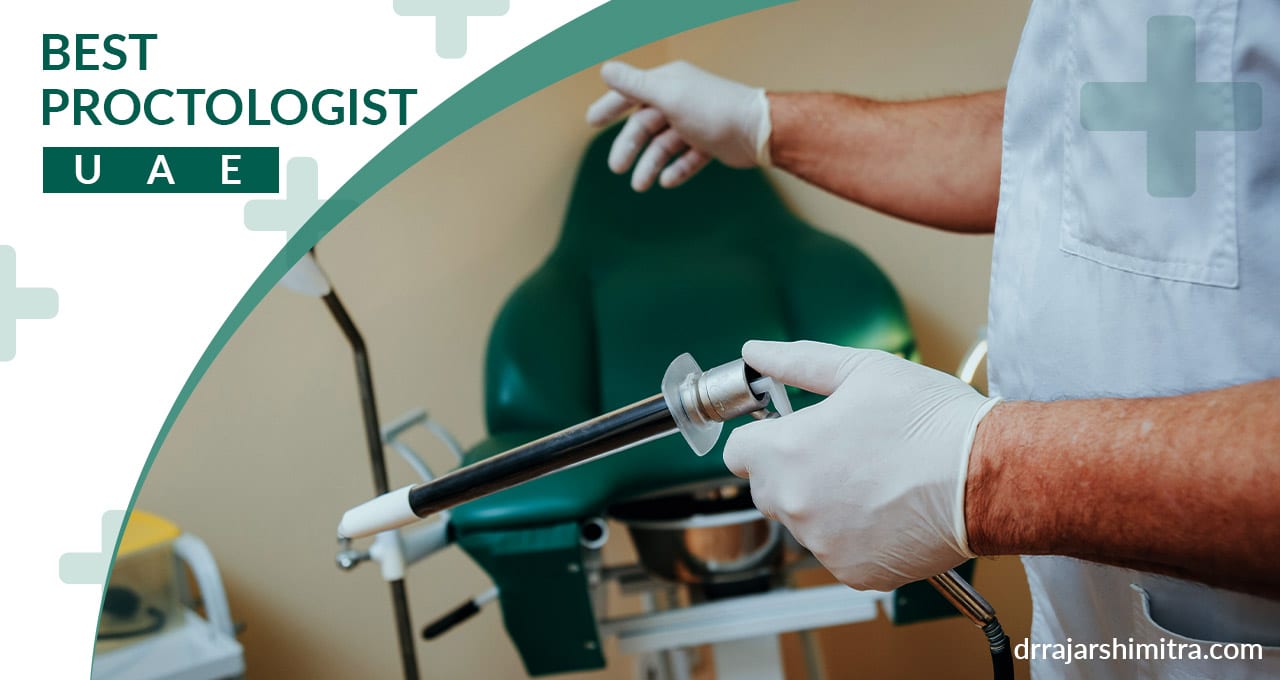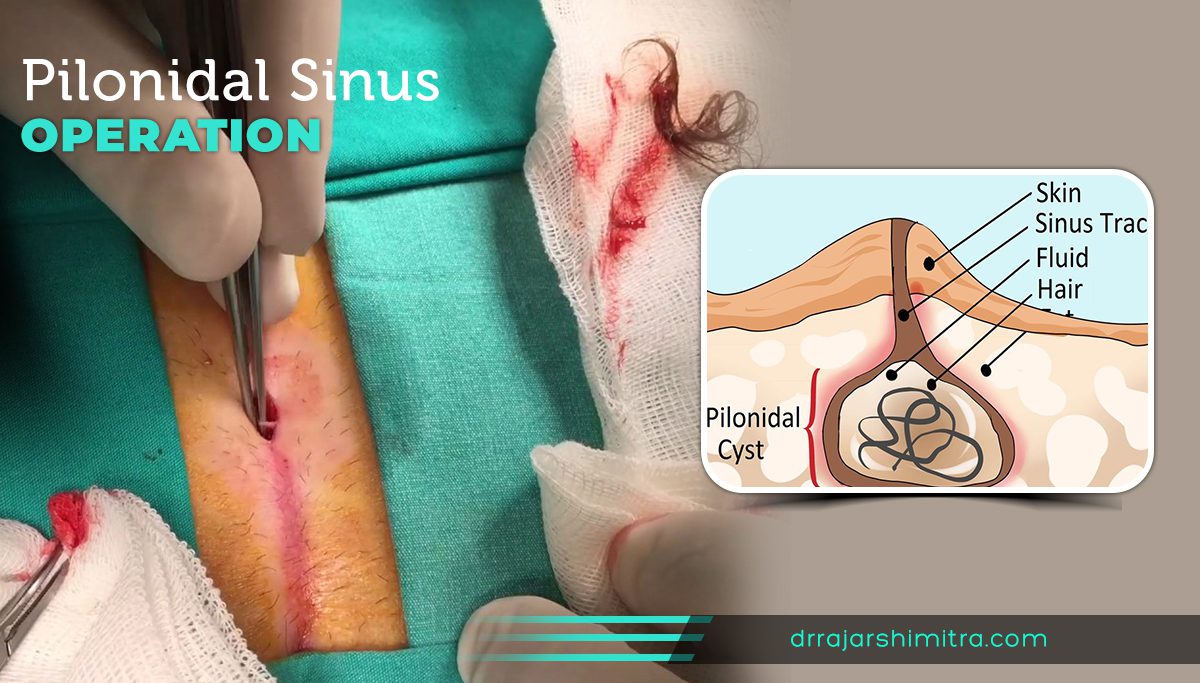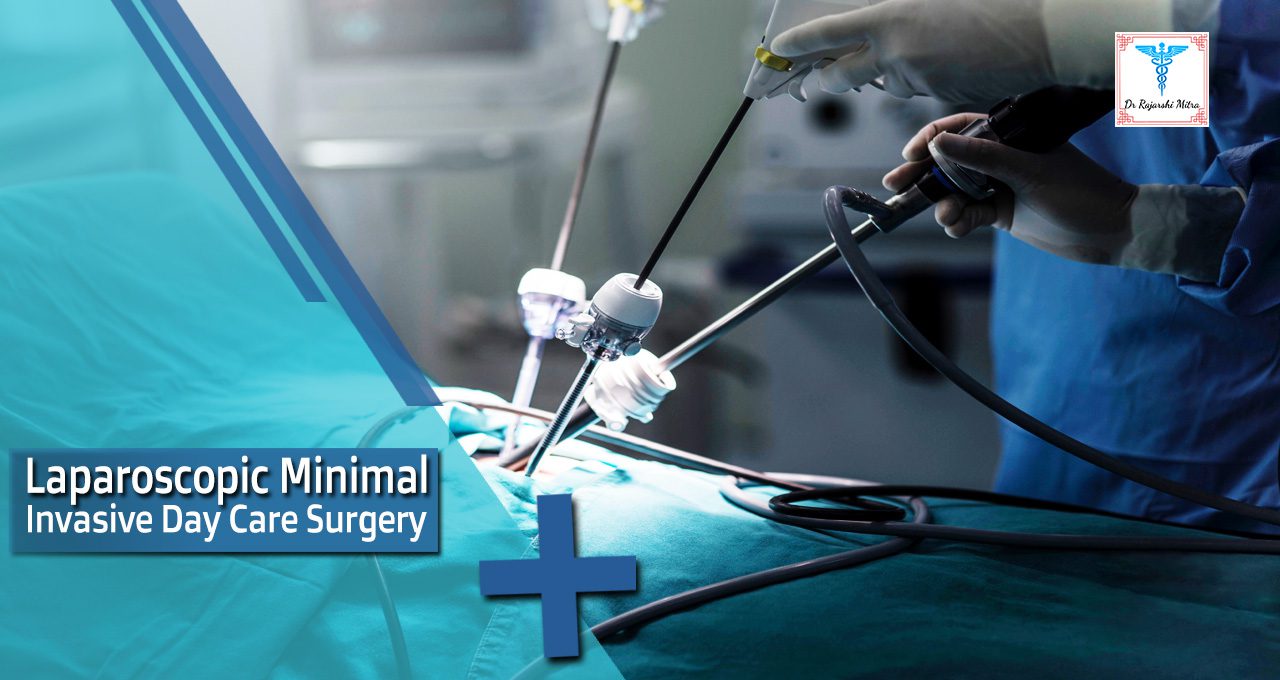Laparoscopy is a surgical and diagnostic method used to examine the organs inside the abdomen. It is a minimally invasive, low-risk process that requires small incisions. Laparoscopic surgeons use an instrument called a laparoscope to look inside the abdomen and examine the abdominal organs. A laparoscope is a long and thin HD Telescope with a high-resolution camera, attached to a HD Monitor and high-intensity light at the front. Laparoscopic surgeons insert a laparoscope through an incision in the abdominal wall. As the surgeon moves the laparoscope, the camera sends images to the monitor. This process allows surgeons to see inside the abdomen in real-time without any open surgery. Your surgeon may also collect biopsy samples through this procedure.
What Is a Laparoscopy?
Laparoscopy is a surgical procedure that allows a surgeon to access the inside of the abdomen and pelvis without making any large incisions in the skin. The process is also known as minimally invasive or keyhole surgery. The significant advantages of laparoscopy over open surgery include:
- Faster recovery time
- A shorter stay in the hospital
- Reduced scarring
- Less pain and bleeding after the operation
When It Is Used :
The best laparoscopic surgeon in Abu Dhabi or other cities can diagnose a wide range of conditions developing inside the abdomen or pelvis using laparoscopy. Doctors can also carry out this process to remove a damaged organ, remove a tissue sample for further testing, etc. You can consider visiting a laparoscopic doctor if you experience pelvic or abdominal pain, and non-invasive methods cannot diagnose the source of pain. Your doctor may recommend a laparoscopy to examine the following organs:
- Stomach
- Gallbladder
- Liver
- Appendix
- Small intestine and large intestine (colon)
- Reproductive organs
- Pancreas
- Spleen
Laparoscopy is Most Commonly Used in:
- Abdominal Surgery: The study, diagnosis, and treatment of those conditions affecting the digestive system, most commonly the Gall Bladder, the Appendix, Inguinal Hernia and Ventral & Incisional Hernia.
- Gynaecology: The study, diagnosis, and treatment of those conditions affecting the female reproductive system.
- Urology: The study, diagnosis, and treatment of those conditions affecting the urinary system.
How to Get Prepared for Laparoscopy You must notify your laparoscopic doctor if you are taking any over-the-counter medications. Your doctor will tell you how to take the medicines before and after the procedure. Your doctor may also change the dose of any medications that may affect the outcome of the process. These drugs include:
- Nonsteroidal anti-inflammatory drugs, including ibuprofen or aspirin
- Anticoagulants
- Herbal or dietary supplements
- Vitamin k
- Any medication that may affect blood clotting
I am Dr Rajarshi Mitra, a full-time specialist general & laparoscopic surgeon at NMC Specialty Hospital Abu Dhabi. As a leading laparoscopic doctor in UAE, I offer laparoscopic management of gall bladder, appendix, hernia, etc. I would recommend you visit me if you are experiencing pelvic or abdominal pain and non-invasive methods cannot find the source.













